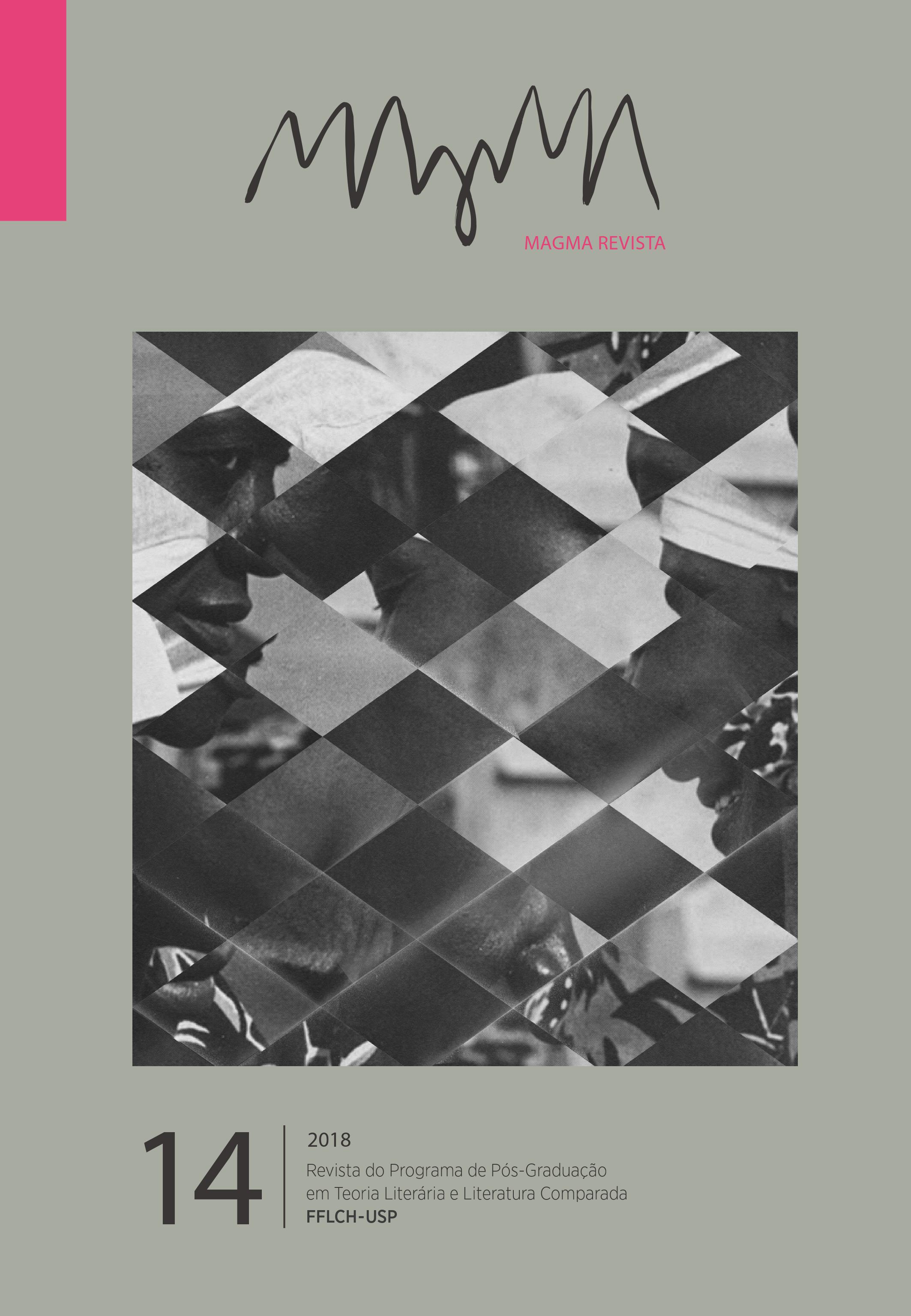Devemos continuar a escrever histórias da literatura?
DOI:
https://doi.org/10.11606/issn.2448-1769.mag.2018.154418Keywords:
literary history, literary theory, crisis of representationAbstract
Hans Ulrich Gumbrecht’s essay aims to answer the title question through five steps: first, it presents a brief history of the emergence of literary studies as an academic discipline; secondly, it describes how literary history emerged as a discursive possibility; thirdly, Gumbrecht demonstrates how the golden age of literary history towards the end of nineteenth century coincides with the emergence of literary theory as a subfield of literary studies as a discipline. On the fourth step, the author demonstrates how, during the final decades of twentieth century, the very type of historicity that was the basis of literary history was questioned, which leads us back to the last part of this essay: in that context “shall we continue to write histories of literature?”
Downloads
Downloads
Published
Issue
Section
License
Autores que publicam nesta revista concordam com os seguintes termos:
- Autores mantém os direitos autorais e concedem à revista o direito de primeira publicação, com o trabalho simultaneamente licenciado sob a Licença Creative Commons Attribution CC-BY-NC-ND que permite o compartilhamento do trabalho com reconhecimento da autoria e publicação inicial nesta revista.
- Autores têm autorização para assumir contratos adicionais separadamente, para distribuição não-exclusiva da versão do trabalho publicada nesta revista (ex.: publicar em repositório institucional ou como capítulo de livro), com reconhecimento de autoria e publicação inicial nesta revista.
- Autores têm permissão e são estimulados a publicar e distribuir seu trabalho online (ex.: em repositórios institucionais ou na sua página pessoal) a qualquer ponto antes ou durante o processo editorial, já que isso pode gerar alterações produtivas, bem como aumentar o impacto e a citação do trabalho publicado (Veja O Efeito do Acesso Livre).



